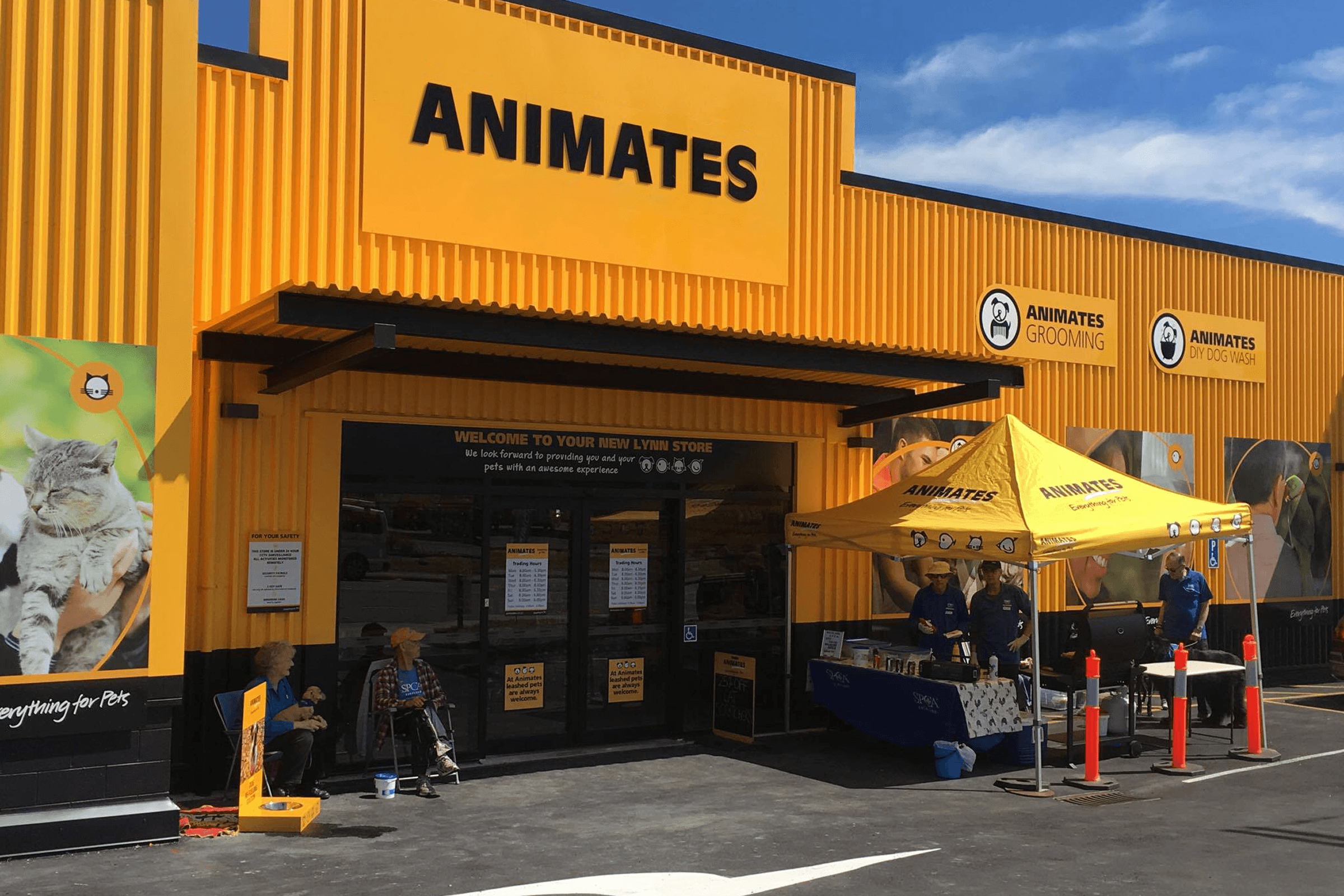With the onset of artificial intelligence and automation, the demand for a highly-skilled workforce dedicated to continued learning is growing. Though these tech tools have vast capabilities, employees need specific skills in order to engage with this emerging technology effectively. But many simply do not possess the necessary knowledge: according to a new report from Deloitte Insights, there could soon be too few college graduates to fill the over six million currently vacant jobs—52 percent of employers say they consistently can't fill open positions. The skills gap is real, and it's widening.
Increasingly, organizations need individuals who are able to learn quickly and who are adaptable to outside factors like emerging technology. In today's skills economy—where employees' existing knowledge and their ability to gain new skills are their biggest assets—a lifelong effort to learn new technical, social and managerial skills is a required reality.
In partnership with Cornerstone OnDemand, the Institute for the Future unveiled a Future Skills Map highlighting the capabilities that modern workers will need to thrive in an ever-changing, fast-paced, tech-focused work environment. Below are five of the 15 skills outlined in the map that you can already nurture in employees today, and advice for empowering employees to attain them:
1) Get [Course] Credit for Everything
To ensure career growth, employees shouldn't rely on existing skills alone. Lifelong learners never stop developing, always getting credit for every new skill they develop, and using those credits to propel themselves along their career paths.
Hiring managers can identify individuals who have pursued relevant courses, certifications or made other efforts to learn, and reward them. For example, before looking outward to fill open positions, consider candidates internally who have prioritized gaining new skills. Seeing their colleagues grow will also motivate other employees who may have been complacent in the past.
2) Upgrade Your Digital Fluency
Robots aren't replacing humans any time soon, but there's no denying that automation is changing employees' roles. By 2020, companies will spend $150 billion on artificial intelligence, $83 billion on robots and $70 billion on AI-based systems—lifelong learners aren't afraid of this; they embrace it as an opportunity to develop their skills.
Managers should help employees more wary of automation focus on ways the technology can simplify their work lives by demonstrating how AI can help them. In the healthcare space, for example, AI now plays a growing role in digitally verifying insurance coverage information, reducing the need for manual calls and freeing up office managers' time to take on important projects, like pricing new technology for the office.
3) Connect the Dots to Make Change
Thanks to increased mobility and connectivity, the modern workforce is dispersed. Because of this, insight into everyone's tasks and projects can be a challenge. Lifelong learners make a consistent effort to understand what their colleagues work on—it's the only way to gain a full picture of overall organization goals and help fill gaps that appear.
Empower employees, especially leaders, to better understand how their own teams, and other teams across the company, function. This may require bringing on new technology.
To connect the dots for its workforce, plumbing-product manufacturing company Kohler implemented a new talent management system across all of its business units. This solution gave leadership deeper insight into employees' roles, skills and team structures.
4) Grow Your Multicultural Dexterity
Diversity today means more than different genders, races or religions—it's now about uniqueness of experience, and how these experiences shape individuals and their workforce interactions. Lifelong learners are not afraid to work in unfamiliar situations or with new people, and can quickly and appropriately shift their mindsets and approaches depending on the environment they're working.
This skill doesn't come easily to all. Improve employees' multicultural dexterity by challenging them with new environments. Does your organization span multiple offices? Encourage employees to travel between them and interact with colleagues they don't see every day.
5) Grow Caring at the Core
Even in the age of automation and AI, humanness is essential in the workforce because it determines how machines are programmed, and how the insight they gather is applied on the job. Empathy is an intrinsic characteristic of lifelong learners because the ability to reflect is key for growth. For others, empathy can be a learned skill.
Building empathy should be an ongoing practice in every organization. Open, respectful conversations that address biases and opinions are one way to start. Self-discovery training programs that help individuals assess their own personality types and psychological needs can also help employees better understand themselves before they attempt to understand others.
Creating a culture that celebrates lifelong learning and inspires employees to achieve more will only work if the organization's leaders make it a priority. When developing a learning strategy, organizations would do well to remember that just as consumers have expectations of the brands they engage with, employees also expect a great deal from the companies that employ them. The onus is on organizations to deliver the kinds of learning experiences employees now crave—personalized, on-demand and holistic.
Photo: Creative Commons


